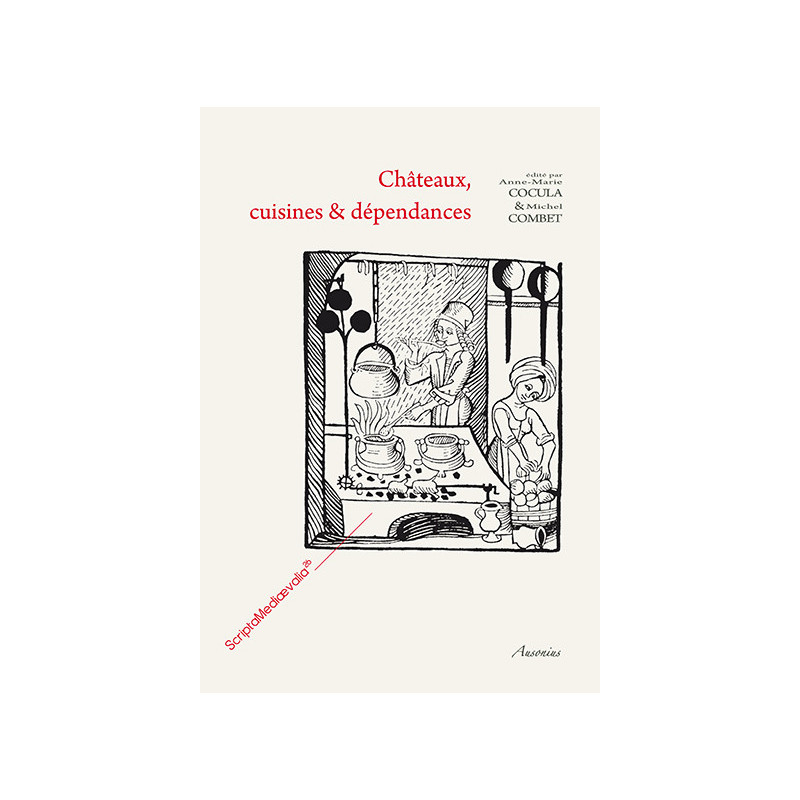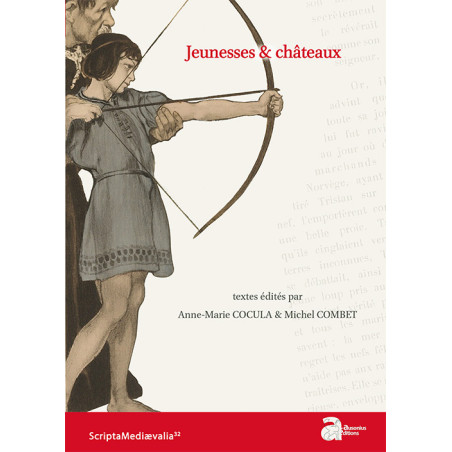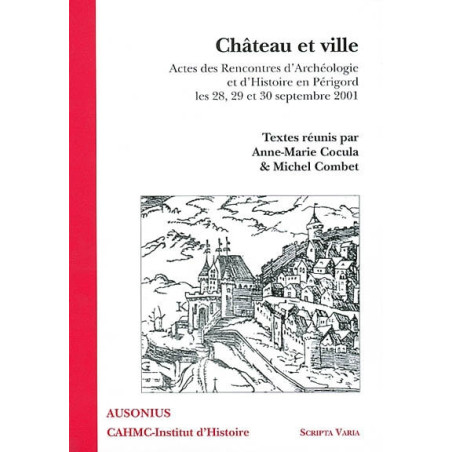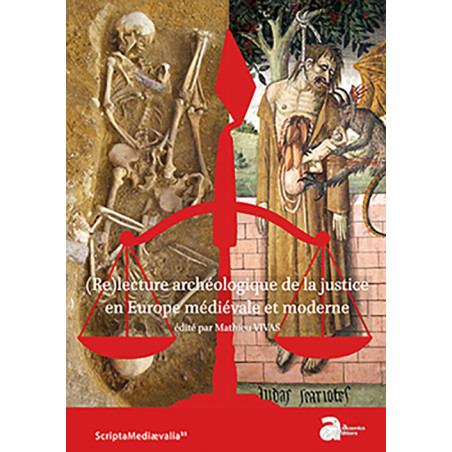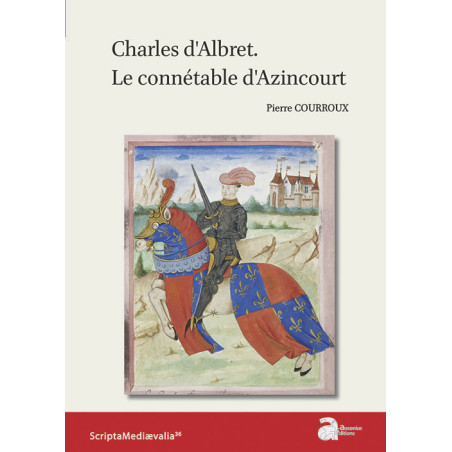Scripta Mediaevalia 26
Châteaux, cuisines & dépendances
Audacity, always audacity! It had been necessary, a couple of years ago, in order to consider the castle as a place of pleasure and entertainment. Even more so to dare to leave the castle as the sole place of power and knowledge, go down in its cellars, and spend a whole conference imagining the noble quality of life through the lenses of what was long considered an “ignoble” activity – cooking. We know food-related professions such as tripe seller, butcher or baker were for a long time looked down upon, at least by the members of the clergy. They considered the cook as a dirty and impure being and even accused him of animal cruelty. This opinion was “naively” expressed around the year 1000, according to Jacques Le Goff, by bishop Adalberon of Laon anxious to shed a good light, by contrast, to the clerical state – men of God are exempt of servile works, “they are neither butcher nor innkeeper” and, happy men “do not know the crushing heat of a greasy cooking pot.” (…)
Cooking is not the topic of anecdotic research, and cooking in castles even less so than any other – (…) the kitchens, hidden from sight, are one of the catalysts where the prince’s politics is created and where his ability to govern is shown.
Danièle Alexandre-Bidon
Anne-Marie Cocula is an Emeritus Professor at Bordeaux Montaigne University and President of the François Mauriac Centre at Malagar.
Michel Combet is an honorary lecturer at the University of Bordeaux - INSPE of Aquitaine.
On the same subject
Scripta Mediaevalia 6
Château et ville
Actes des Rencontres d'archéologie et d'histoire en Périgord, les 28, 29 et 30 septembre 2001
Publication date :01/01/2002
Scripta Mediaevalia 35
(Re)lecture archéologique de la justice en Europe médiévale et moderne
Publication date :14/03/2019
Scripta Mediaevalia 36
Charles d’Albret. Le connétable d’Azincourt
Publication date :01/02/2019
